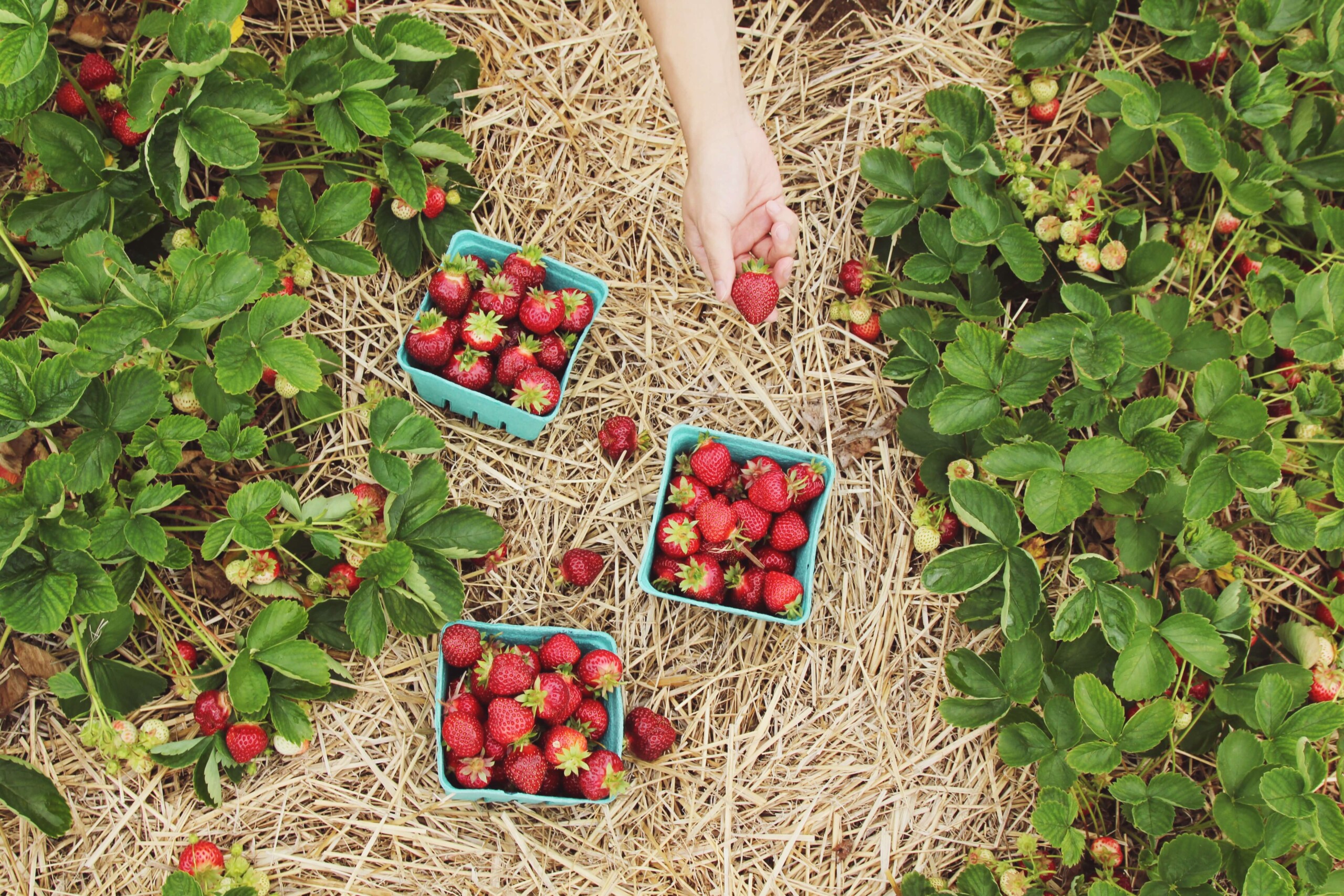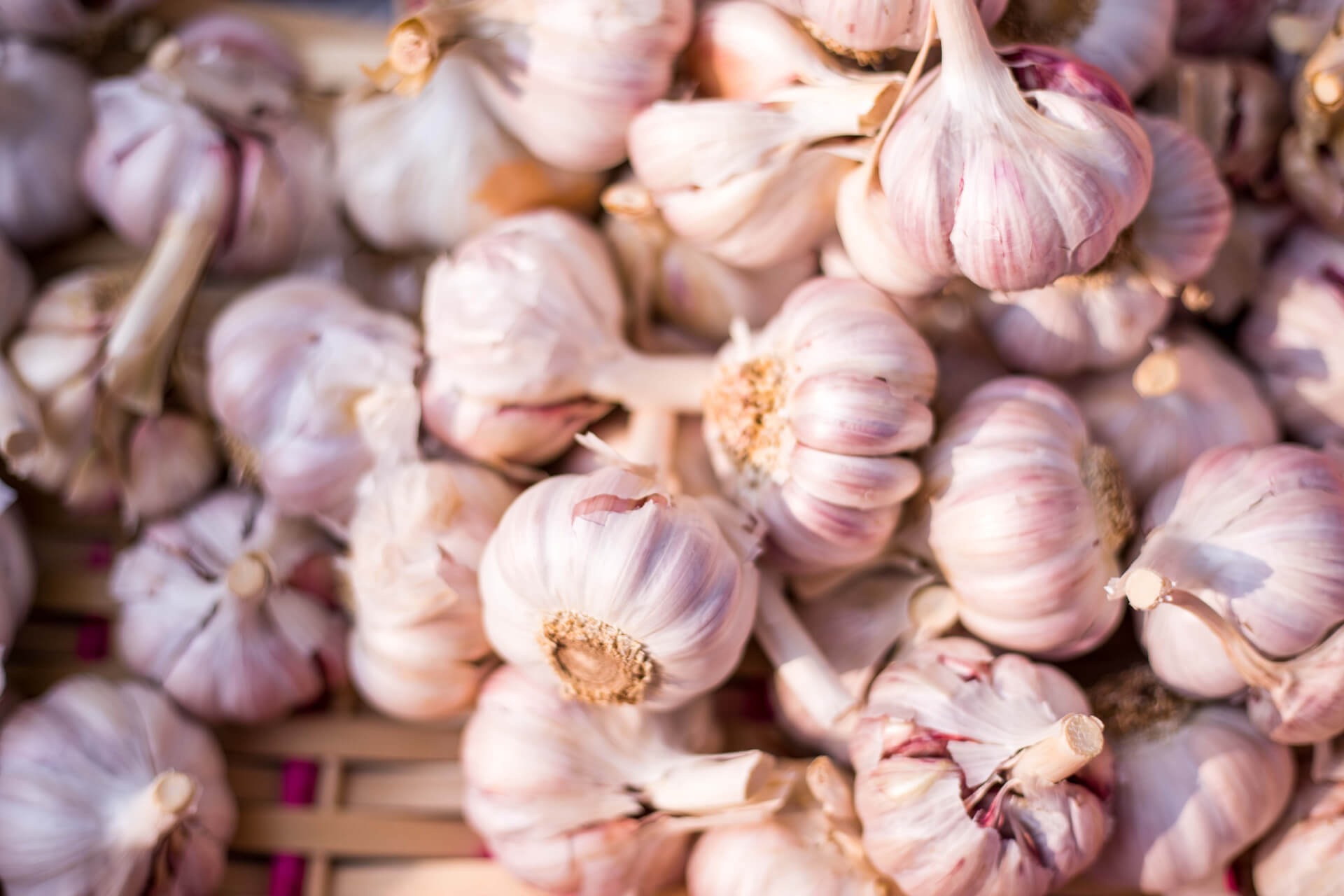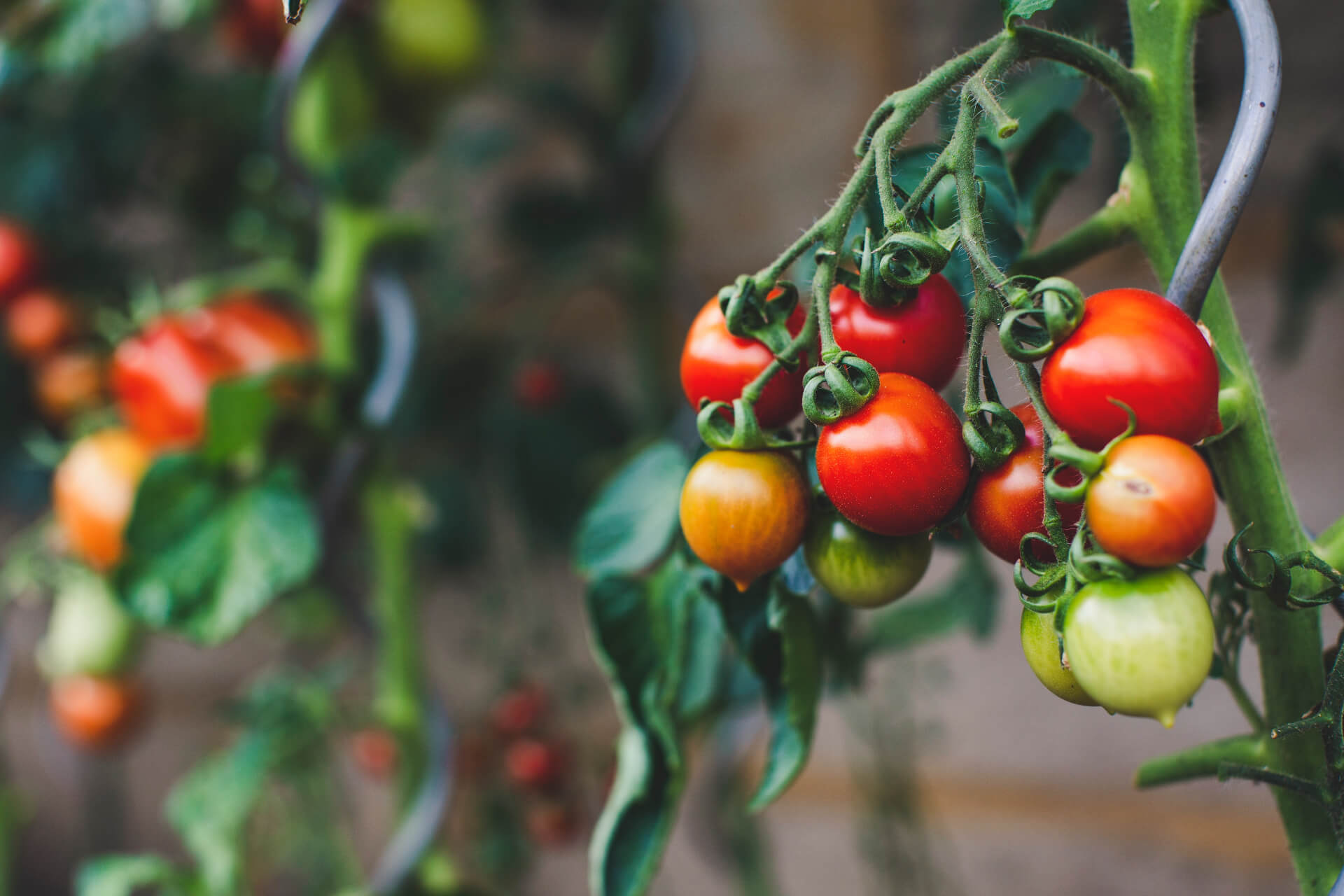
10 Homemade Garden Pesticide Recipes to Try
We are reader-supported. When you buy through links on our site, we may earn affiliate commission.
The danger of chemical-laden pesticides is becoming more publicized. The long-term impacts on our soil are more noticeable than ever, as nutritionally stripped Earth remains beyond recovery in certain regions. Home gardeners and big agriculture alike are trying to find ways to keep crop yields high while rejuvenating the planet. How can they do that when invasive species and volatile temperatures plague gardens? These homemade garden pesticide recipes might be the ticket to a more eco-friendly and fruitful garden.
1. Garlic Spray
Just like vampires, aphids, flies, worms, and other pests despise the smell of garlic. It is a natural repellant that makes anyone scurry away. The pesticide requires more than just garlic, though. Thankfully, it’s easy to make with ingredients you probably already have on hand.
- Finely puree two bulbs of garlic.
- Add one tablespoon of vegetable oil or one cup of water to the mix.
- Let it sit long enough for enough liquid to pool, and then strain.
- Dilute with three to four cups of water and one teaspoon of dish soap.
- Put it into a spray bottle.
This is a great preventive spray, as well as a reactive treatment to a current infestation. Bonus sustainability points go to anyone using home-grown garlic from the garden you’re trying to protect.

2. Vinegar Spray
Vinegar is the eco-friendly household’s best friend. It makes a fantastic cleaning agent and mixes well to form a solid pesticide. All you’ll have to do is combine these ingredients in a spray bottle:
- 1 cup of white vinegar
- ½ teaspoon of dish soap
- 3 cups of water
- Optional: lemon peel for scent
Mix well, and you’re all set. It will handle ants, whiteflies, and more. Their strong noses won’t be able to handle the vinegar’s intensity.
3. Soap Spray
You’ll notice many of these homemade garden pesticide recipes include a splash of dish soap. The tackiness is necessary to adhere to the plants. But, you can also make a soap-based spray in one straightforward step. All you must do is put one tablespoon of unscented, plain dish or Castile soap in one quart of water. That’s it. Avoid bleaches and similar products, as they might kill your plants.
Insecticidal soap spray only works to deter some insects and only works if the spray remains dry on the leaves. Otherwise, the insects might walk all over them anyway. Keep tabs on your garden’s dryness during hot days and reapply as needed.
4. Kaolin Clay Spray
This might not be in everyone’s households, but some parts of the world have extensive access to kaolin clay. It is getting enough attention that African agriculturalists are using it for commercial operations. All you have to do is take three cups of clay powder and mix it with one gallon of water. Stir to avoid clumps. Spraying clay onto your plants may leave a visible residue, but this is normal and safe for your garden.
5. Cinnamon Spray
Maybe your garden pests are manifesting in more ways than little bugs. What about mushrooms? Cinnamon is the best thing to keep them at bay, and it will also take care of some bugs.
- Put two teaspoons of ground cinnamon into three to four cups of water.
- Let it rest overnight.
- Pour the grounds over something like a coffee filter the next day to remove granules.
- Mist plants with the mixture from a spray bottle.

6. Neem Oil Spray
Neem oil is a staple for organic gardeners. It is versatile and accessible, helping farmers with fungi, bugs, root rot, and other crop problems. Two tablespoons to a gallon of water will suffice, and you can add a teaspoon of dish soap or two if you want — but it should adhere on its own. Neem oil is unique because it absorbs into the plant rather than sits on top of it and eventually dries out.
7. Chile Pepper Spray
Chile pepper is better for the larger pests — we’re talking deer, rabbits, and other munchy animals. The spice is highly unappealing, which works well alongside other deterrents to address more diverse concerns. Mix these ingredients:
- 1 quart of water
- 1 tablespoon chile powder or ½ cup of pureed peppers, strained
- 1 teaspoon of dish soap
8. Diatomaceous Earth
The planet has a lot of diatomaceous earth, so it is abundant and safe for soil. This is a homemade garden pesticide that works differently than the rest. Whereas most other ingredients are deterrents or slightly toxic to pests, this shoos them away by dehydrating them. There’s hardly a recipe involved — all you need to do is sprinkle some from a store-bought bag onto your garden. It must stay dry to work, so keep tabs on the weather report.
9. Vegetable Oil Spray
Like dish soap, oils are a wonderful thing to add to homemade garden pesticides because they coat an insect’s body, weighing it down. Recipes vary depending on how oily you want the spray to be. All you have to do is combine these ingredients:
- Stir together one cup of vegetable oil with one tablespoon of soap.
- Put two or more teaspoons of this mixture into one quart of water in a spray bottle.
10. Tomato Leaf Spray

You may have forgotten that tomato leaves have a distinct smell until you go in for a sniff. The alkaloid is deadly to mites and other tiny pests. All you have to do is make a tomato leaf tea, essentially. Around two cups of chopped leaves must sit overnight in one quart of water. Strain and witness the spray’s magic on your plants.
This recipe is perfect for thrifty home gardeners if you’ve already pruned your tomato plants and want to use the leaves for something useful. An important note — do not use it on other plants in the nightshade family, like potatoes.
Cheap and Effective Homemade Garden Pesticides
You don’t have to break the bank over the next advertised pesticide to keep your garden happy. Many of these products contain harmful chemicals that seep into the soil and your produce. Avoid all of the negative side effects by making your pesticides at home that do not have long-lasting, adverse impacts on your land. Your garden will appreciate the less harsh treatment by treating you with happy plants.
Share on
Like what you read? Join other Environment.co readers!
Get the latest updates on our planet by subscribing to the Environment.co newsletter!
About the author
Steve Russell
Steve is the Managing Editor of Environment.co and regularly contributes articles related to wildlife, biodiversity, and recycling. His passions include wildlife photography and bird watching.





